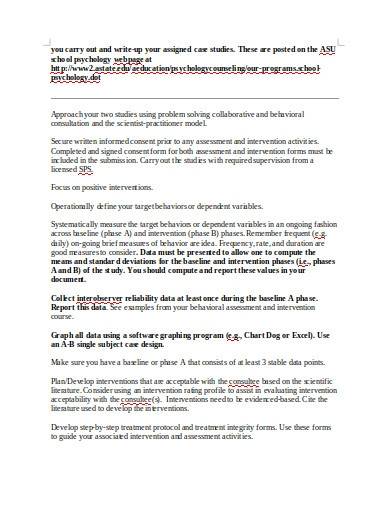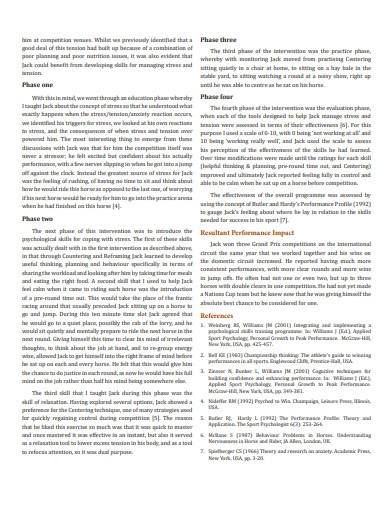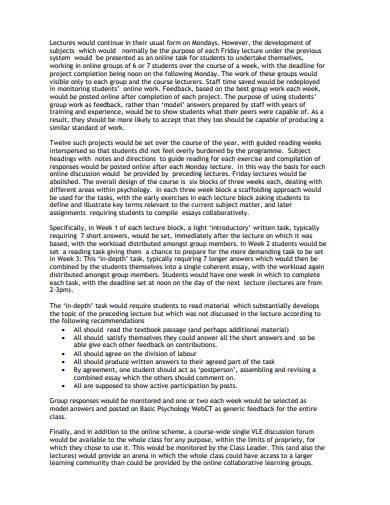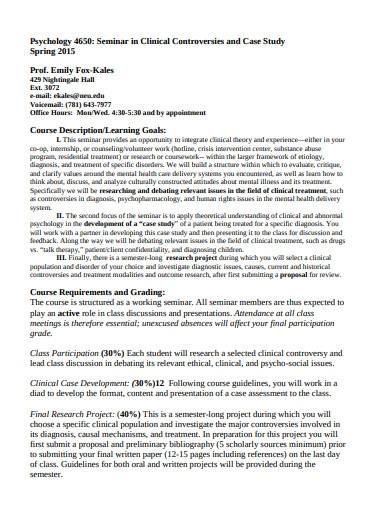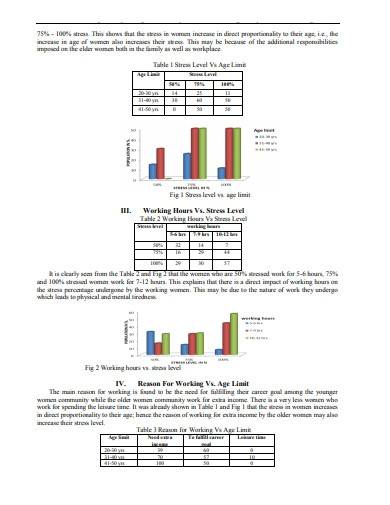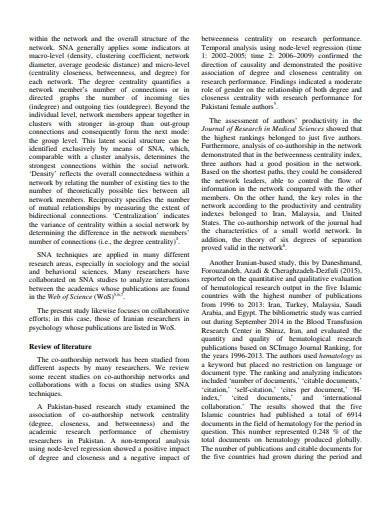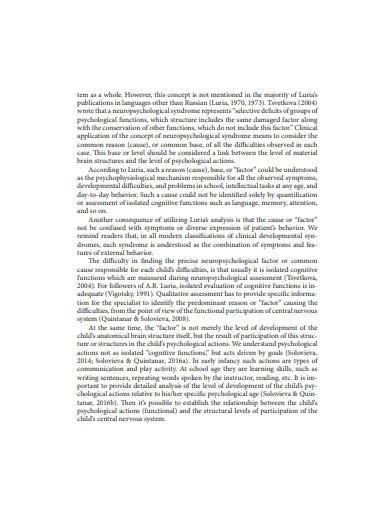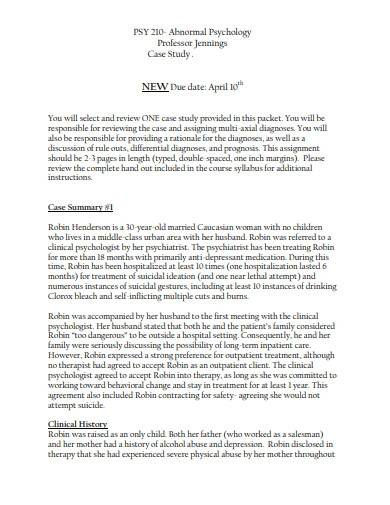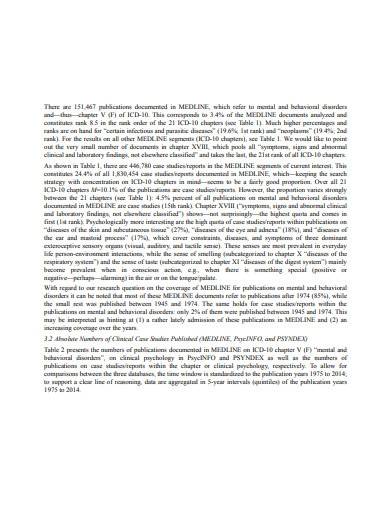Case studies can be conducted in various fields of psychology, including clinical psychology, counseling psychology, developmental psychology, and social psychology, among others. The aim of a case study is to gain a comprehensive understanding of the individual or group under investigation, identify potential causes and contributing factors of their behavior, and develop treatment plans or interventions to address their needs.
FREE 10+ Psychology Case Study Samples & Templates in MS Word | PDF
1. Psychology Case Study Template
2. Sample Psychology Case Study
3. Psychology Class Case Study
4. Clinical Controversies and Case Study
5. Employees Psychological Case Study
6. Formal Psychology Case Study
7. Neuro Psychology Case Study Template
8. Educational Psychology Case Study
9. Personality Psychology Case Study
10. Abnormal Psychology Case Study
11. Clinical Psychology Case Study Sample
What is Psychology Case Study?
Psychology case studies are a valuable tool for researchers and practitioners in the field of psychology. A case study is a detailed examination of an individual or group’s behavior, experiences, thoughts, feelings, and overall mental health. The goal of a case study is to gain a comprehensive understanding of the individual or group under investigation, identify potential causes and contributing factors of their behavior, and develop treatment plans or interventions to address their needs.
How To Make Psychology Case Study?
The process of conducting a case study involves collecting and analyzing a wide range of information, including personal history, social context, and psychological assessments. This information is gathered through in-depth interviews with the participant or their family members, observation of their behavior in different settings, review of medical records, psychological assessments, and analysis of other relevant data sources. To create a psychology case study, there are several steps you can follow:
Step 1- Select Participant
The first step is to select an individual or group that you would like to examine. This could be a person or people who have experienced a specific mental health condition, or it could be a group of people who share a common experience or background. The next step is to collect data on the individual or group you have selected. This could include medical records, psychological assessments, interviews with the individual or their family members, and observations of their behavior in different settings.
Step 2- Analyze Data
Once you have collected data, you will need to analyze it to gain insight into the individual or group’s behavior, experiences, and mental health. This may involve identifying patterns or underlying factors that contribute to their behavior, as well as potential causes of their mental health condition.
Step 3- Develop Interventions
Based on your analysis, you can develop treatment plans or interventions that are tailored to the individual or group’s needs. This could involve identifying specific counseling techniques or medications that may be effective, or developing strategies to address environmental or social factors that are contributing to their behavior.
Step 4- Monitor Progress
Once treatment plans or interventions have been implemented, it is important to monitor progress and evaluate the effectiveness of your approach. This may involve tracking changes in behavior, symptoms, or other indicators of mental health over time.
What fields of psychology use case studies?
Case studies can be conducted in various fields of psychology, including clinical psychology, counseling psychology, developmental psychology, and social psychology, among others.
What kind of information is collected in a psychology case study?
Information collected in a psychology case study may include personal history, social context, and psychological assessments, as well as data gathered through in-depth interviews, observation of behavior, and review of medical records.
How are case studies used in social psychology?
In social psychology, case studies are often used to examine the social and cultural factors that influence behavior. By examining the experiences of individuals from different backgrounds, researchers can gain insight into the impact of social and cultural factors on behavior and mental health.
Overall, psychology case studies are a valuable tool for gaining a deeper understanding of human behavior, identifying potential causes and contributing factors of mental health conditions, and developing effective treatments and interventions. Through the careful examination of individuals and groups, researchers and practitioners can gain insight into the complex factors that influence behavior and mental health, and work to develop strategies for promoting well-being and improving quality of life.
Related Posts
FREE 10+ Content Validity Samples & Templates in PDF
FREE 10+ Construct Validity Samples & Templates in MS Word | PDF
FREE 10+ Code of Human Research Ethics Samples & Templates in MS Word | PDF
FREE 10+ Biography Research Report Samples and Templates in PDF
FREE 10+ System Documentation Samples & Templates in MS Word | PDF
FREE 10+ Process Document Samples & Templates in MS Word | PDF
FREE 10+ Action Research Samples & Templates in PDF
FREE 10+ Longitudinal Research Samples & Templates in PDF | MS Word
FREE 10+ Causal Research Samples & Templates in MS Word | PDF
FREE 10+ Client Discovery Samples & Templates in MS Word | PDF
FREE 10+ Null Hypothesis Samples & Templates in MS Word | PDF
FREE 9+ Product Knowledge Samples & Templates in PDF
FREE 10+ Software Documentation Samples & Templates in MS Word | PDF
FREE 10+ Exploratory Research Samples & Templates in PDF | MS Word
FREE 10+ Experimental Research Samples & Templates in MS Word | PDF

